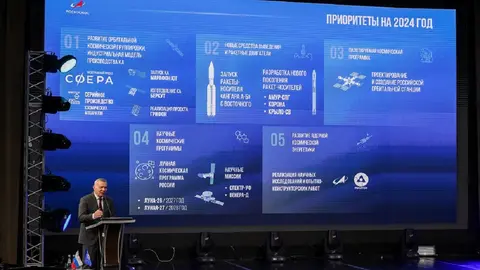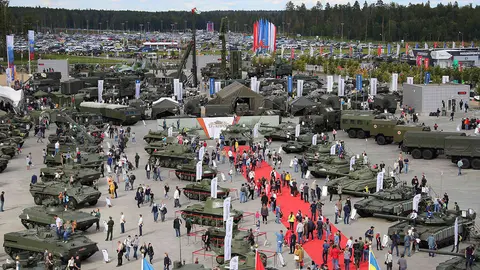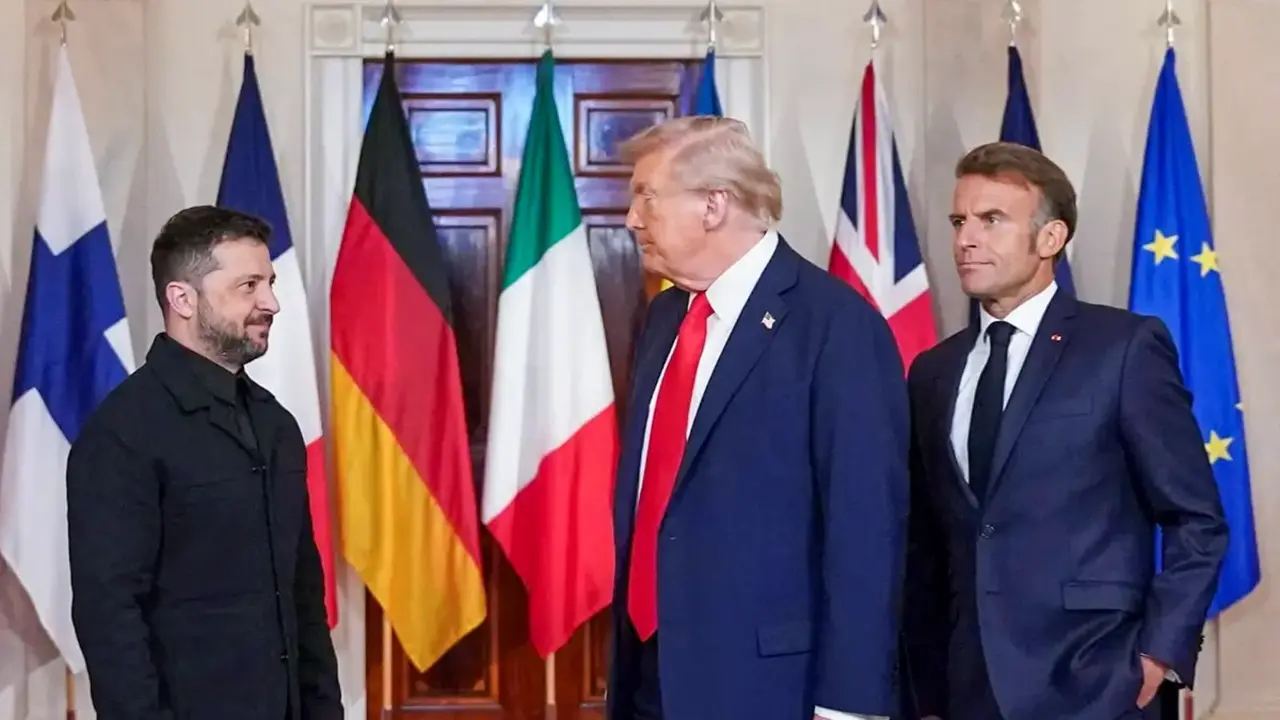The homework Putin did before negotiating with Xi Jinping in Beijing
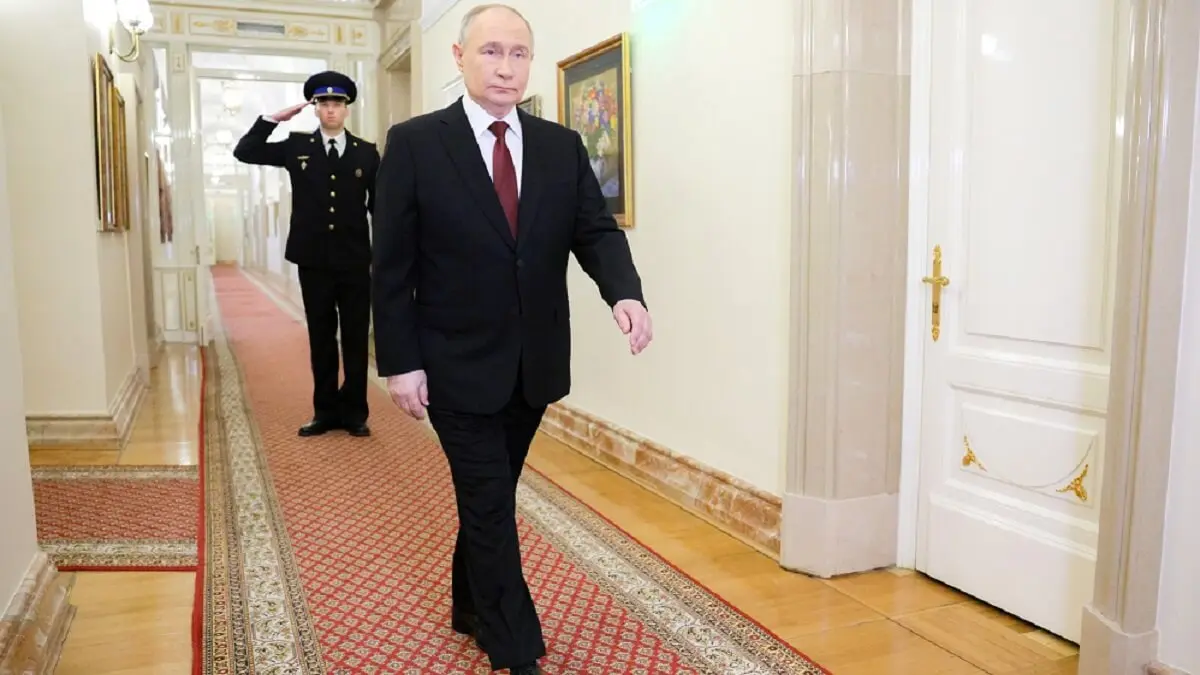
- With the military chiefs and those responsible for the defense industry
- More accurate weapons and reduce the number of casualties
The 71-year-old President of all Russia, Vladimir Putin, has inaugurated his fifth presidential term with a state visit to China by Xi Jinping, its greatest political, economic, commercial, financial and military ally.
After being sworn in at the Kremlin on May 7, eight days later, in the mid-afternoon of May 15, he left by air for an official 48-hour stay in Beijing and the very important industrial and technological city of Harbin, in the Manchuria region.
The meeting in Beijing between the two leaders and their official delegations is part of the commemorative events of the 75th anniversary of diplomatic relations between the two nations, which has served to strengthen their strategic partnership and sign a new package of agreements. In a priority way commercial and military, to lighten the choking suffered by the Russian economy and defense industry, despite the fact that "bilateral trade amounted in 2023 to 240,100 million dollars," according to the State Council of China.
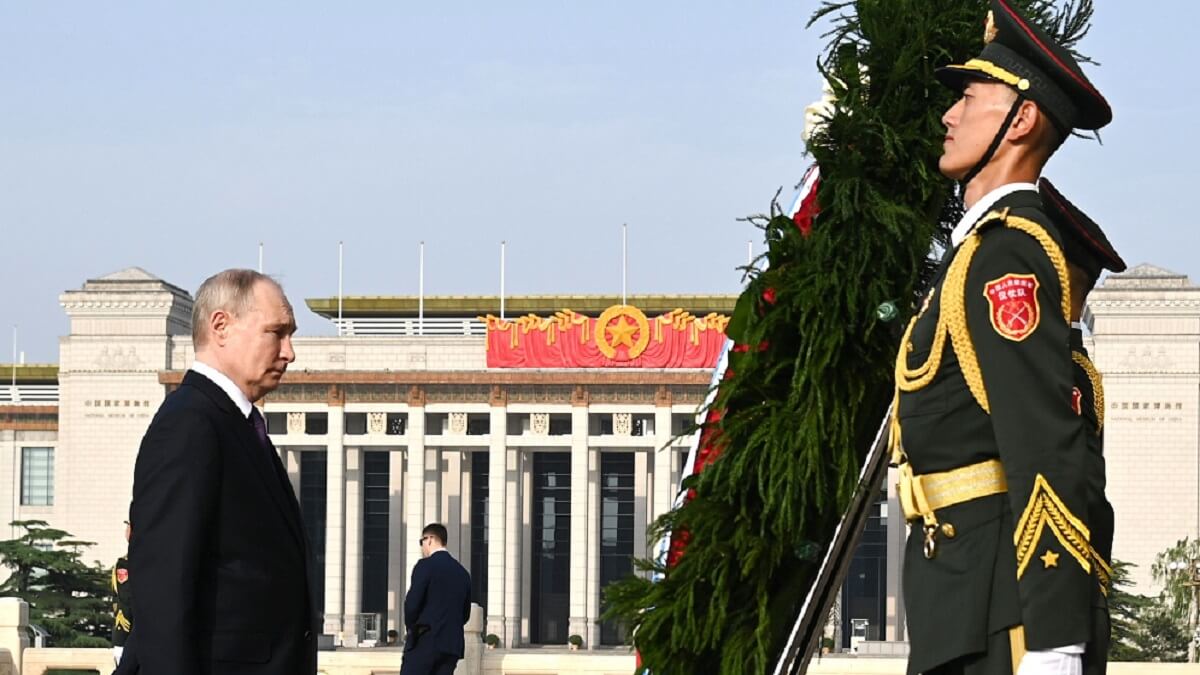
Before flying in his brand-new and exclusive large Ilyushin Il-96 presidential quad-jet equipped with a command post with encrypted communications and laser systems to deflect missile attacks, Putin dispatched with those who know perfectly the weaknesses, threats, opportunities and, above all, the strengths of Russia: its enormous oil and gas capabilities. So, when the luxurious Russian-made Aurus Senat limousine crossed the threshold of the Kremlin on the way to the airport, the re-elected tsar had already done his homework.
What homework? Well, the most important ones for a head of state engaged in a war of occupation and attrition over Ukraine, which has been going on for more than two years and requires that the national effort be focused on producing huge weapons and ammunition systems. So, in the early afternoon of May 15, before taking off from Moscow for Beijing, Putin met with the heads of the two large collectives that are essential for him to achieve an advantageous ceasefire in front of Kiev.
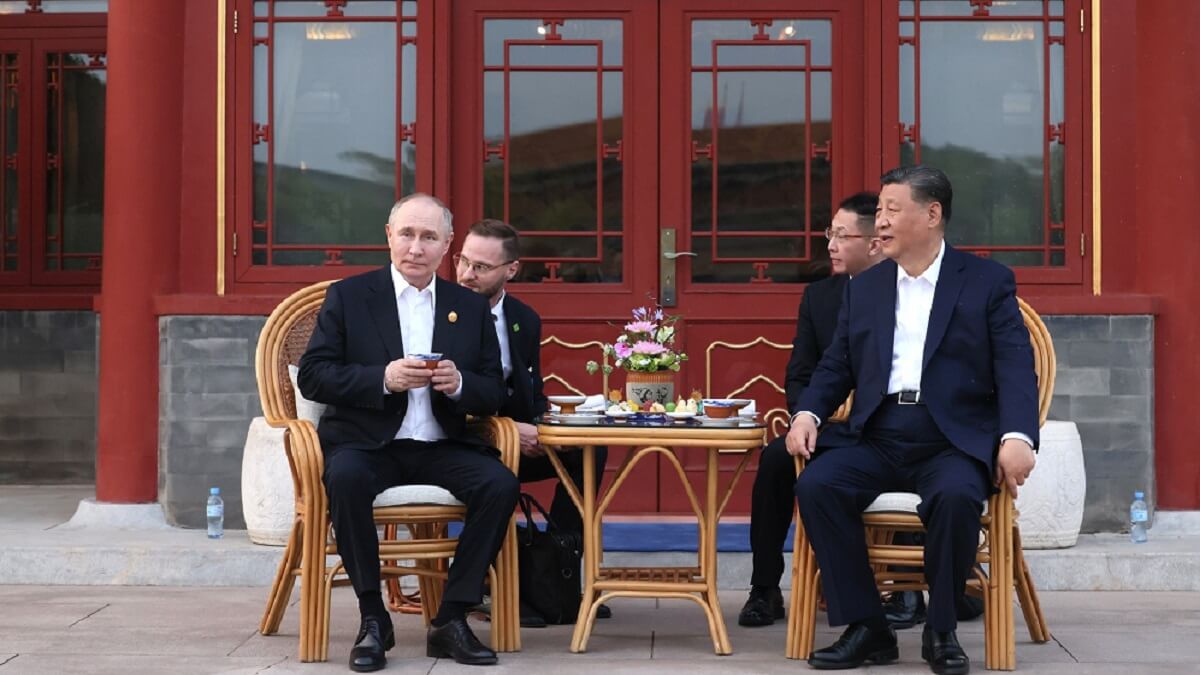
With the military chiefs and those responsible for the defense industry
On the one hand, with the top military commanders, in an audience to learn first-hand their analyses of the military situation in Ukraine, its foreseeable short-term evolution and the most pressing needs of its troops to emerge victorious from the conflict. Then, he had a meeting with the main hierarchs of the military-industrial complex, to hear from their lips the demands to insist on in front of Xi Jinping so that China continues to feed the Russian economy and war machine directly or indirectly.
According to a Kremlin statement on May 15, what Putin, as Supreme Commander-in-Chief of the Russian Armed Forces, wanted to make “absolutely clear” to his seven top military chiefs is that the structure and chain of command that directs combat operations in Ukraine under the direction of the chief of the General Staff, General Valeri Geramisov, “is already working properly and there will be no more changes.”
Putin explained that the newly appointed minister of Defense ‒ present at the meeting ‒, economist Andrei Belusov, 65, is a politician “of your absolute confidence, who knows very well what he must do to introduce innovation in the military industry.” He informed them that he is aware of the need to increase investments and expenses in defense and security, “but without ceasing to promote the country's development process, nor neglecting improvements in education, health, pensions and support for war veterans.”
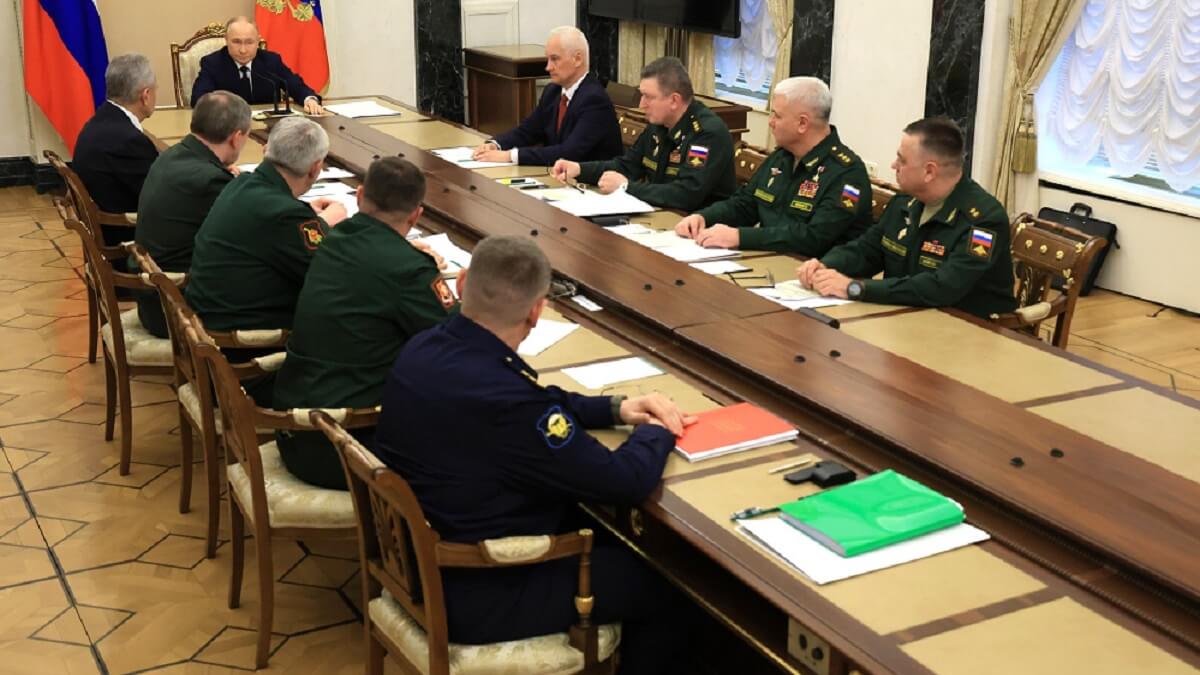
He told his military chiefs that the new cycle that he is willing to imprint on the national economy “is going to combine cannons and butter.” And that the people who are going to pilot it in a coordinated way are Belusov, the new first vice-president of the government, Denis Manturov, and the outgoing defense minister, General Sergei Shoigu, who just turned 69 and who was also at the meeting. The latter is one of the five who have left the previous Executive, but remains on the fringes of power as Secretary of the Security Council of the Russian Federation.
Shoigu's almost 12 years at the head of the Defense Ministry make him “more aware than anyone of the needs of our Armed Forces,” in the words of Putin, who has decided to count on him to oversee the functioning of the Presidential Military-Industrial Commission. In addition, it has placed him at the head of the Federal Service for Cooperation with Foreign Countries, “to ensure compliance with arms export commitments, but without involving a decrease in supplies to the Russian armies.”
According to the official statement, Putin reminded his military operational chiefs ‒ including General Gerasimov ‒ that the 2024 budget for defense and security is “higher than 8.7 percent of GDP.” And he made them see that although it is lower than the 13 percent that the Soviet Union dedicated to the same tasks in the mid-80s, it is still a “considerable” percentage.
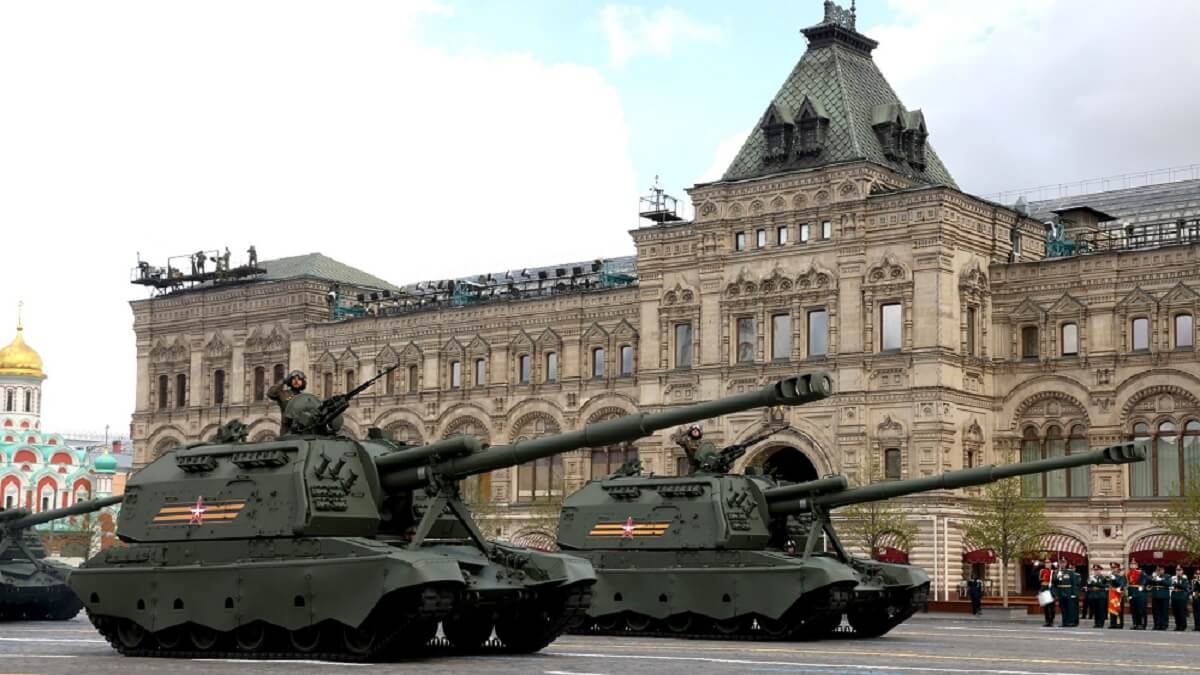
More accurate weapons and reduce the number of casualties
Before leaving for Beijing, Putin held a second meeting with the seven main heads of the huge state defense industrial complex: the first vice president of the Government, Denis Manturov, who has thus been rewarded for his work as Minister of Industry and Trade; its current head, Anton Alikhanov, who assumes responsibility for the defense industrial fabric; the former president of Russia and now Vice president of the Security Council, Dmitry Medvedev.
Along with the above, the aforementioned Belusov and Shoigu, incoming and outgoing defense ministers, were present; the newly appointed right-hand man of the president, Lieutenant General of Army Transmissions Alexei Dyumin, former member of the Federal Intelligence Service or FSB ‒ heir to the KGB ‒ and former deputy minister of Defense. Dyumin has been commissioned by the Kremlin to ensure that the Russian Armed Forces have all the necessary means for combat.
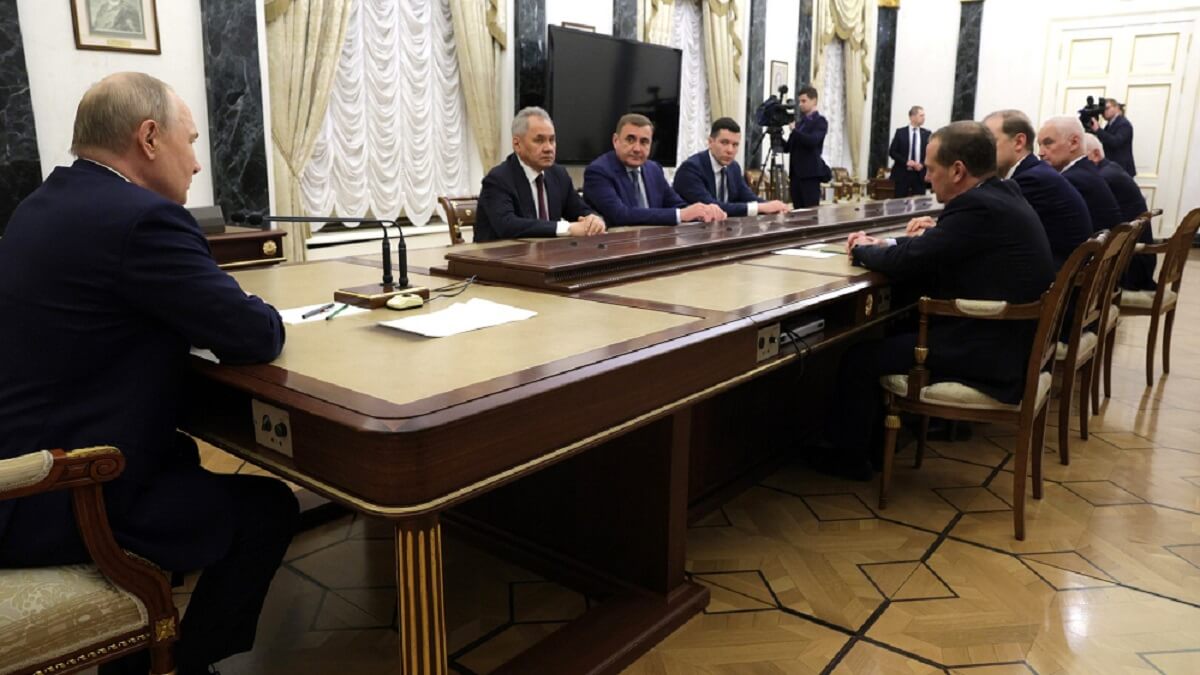
The strongman of the high-tech military industry, Sergei Chemezov, could not miss the conclave. He has been a director of the KGB, is a personal friend of Vladimir Putin and, since December 2007, has been the general director of the Rostec state industrial corporation, the giant of the Russian military productive fabric. Rostec owns more than 500 companies grouped into more than a dozen holdings.
According to Chemezov himself, Rostec provides the Russian Armed Forces with "80 percent of all the weapon systems of its military aviation - fighters, transport aircraft and attack helicopters - battle tanks and armored vehicles, self-propelled, field and anti-aircraft artillery, rocket launchers, electronic warfare equipment, missiles, ammunition... and even the famous Kalashnikov assault rifles.

Among what the Kremlin wants to transcend from Putin's meetings with his military and defense industry chiefs is to “go one step ahead” in deploying advanced combat means. He aspires to have in the shortest possible time “new weapons systems, more effective and with greater precision and destructive power." And also to have new individual and collective protection equipment to "reduce the number of casualties, which is what matters most in an armed conflict," he stressed.
To convey it verbally to his Chinese colleague, Putin took good mental note of the enormous needs of raw materials, machine tools, microelectronics and various supplies that the industrial conglomerate Rostec requires for its manufacturing facilities to achieve “double or even triple its production.” It is the shopping list that Vladimir Putin has sent in person and in writing to Xi Jinping, so that China's help by direct route and through North Korea, Iran and other countries reaches the hands of the great Russia as soon as possible.


